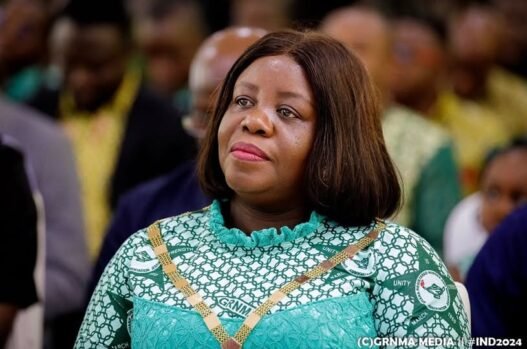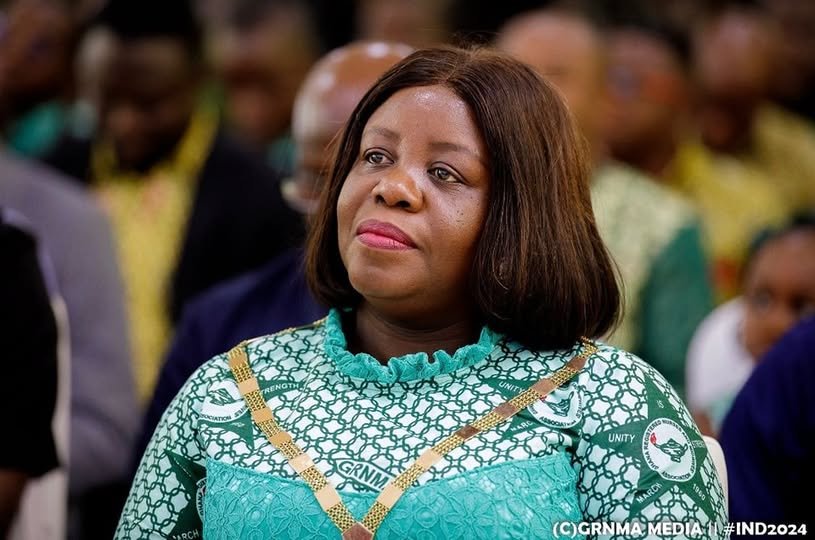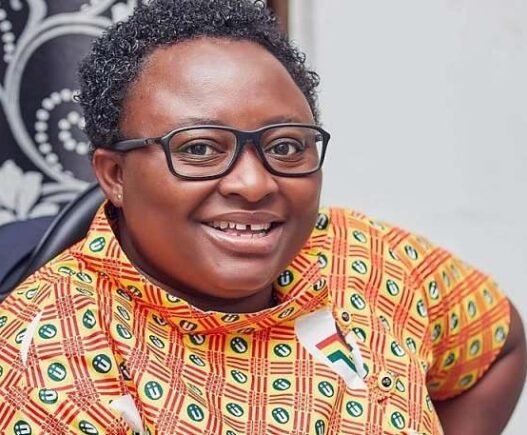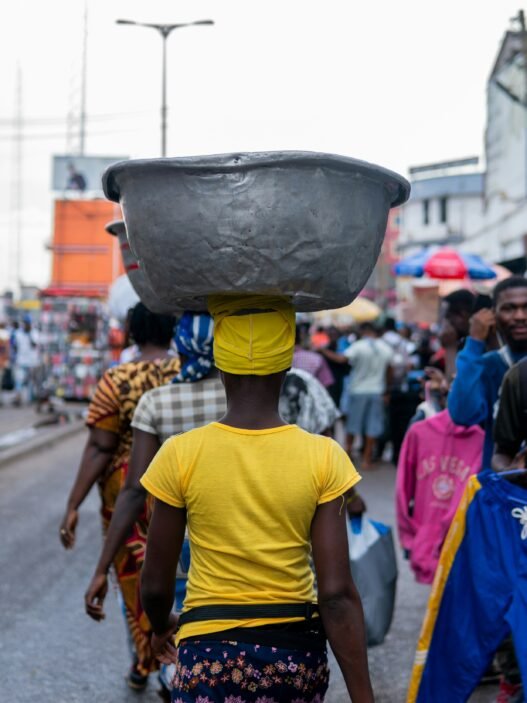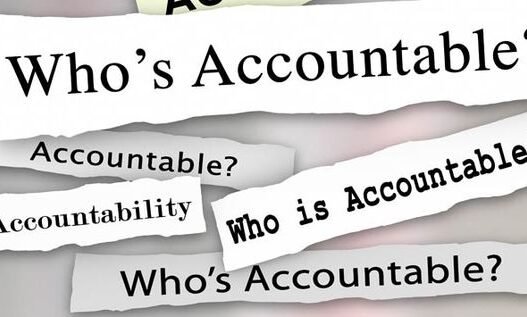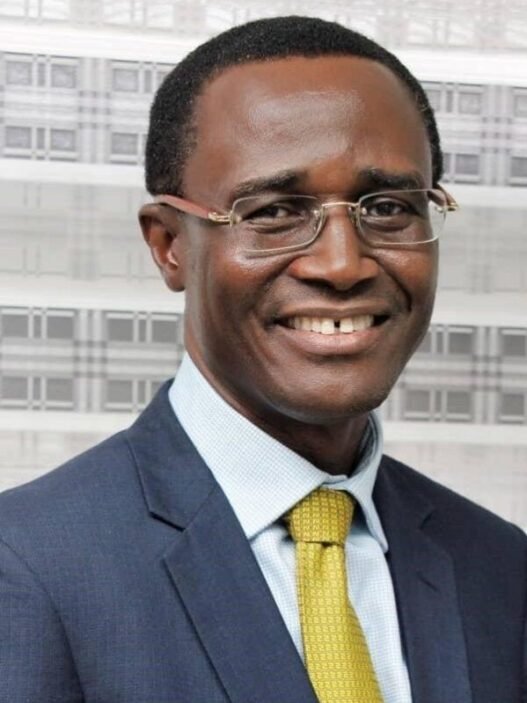Let’s stop sugarcoating it. The nurses’ strike isn’t just a labour dispute—it’s a national emergency. The Ghana Registered Nurses and Midwives Association (GRNMA) didn’t merely lay down tools; they shut down care. Coldly. Completely. Hospitals were crippled. Pregnant women, accident victims, the sick and the poor—all left stranded. And people have died.
This is not just unfortunate. It is criminal. Under Ghana’s Criminal Offences Act (Sections 51–55), any reckless act or omission that endangers life is prosecutable. If even one person dies as a direct result of this complete withdrawal, that’s grounds for manslaughter. The law doesn’t carve out exemptions for unions.
GRNMA had options. They could have maintained emergency services or skeletal staff. They didn’t. They chose disruption over protection. That choice had consequences—deadly ones.
Now, some will say politicians are no better. Article 71 officeholders can flee to private hospitals while ordinary Ghanaians bleed out in silence. That’s true—and shameful. But we must live and judge within the law as it stands. No political hypocrisy justifies mass endangerment. Two wrongs don’t cancel a coffin.
And the timing? Suspicious at best. GRNMA endured years of hardship under the previous government without such drastic action. Six months into a new administration, when things are still stabilizing, they pull the plug? People are talking—and they should. Especially since the President of GRNMA, Mrs. Perpetual Ofori Ampofo, is married to Mr. Bright Ofori Ampofo (NPP Constituency Chairman, Bortianor Ngleshie Amanfro), a leading figure from the NPP regime.
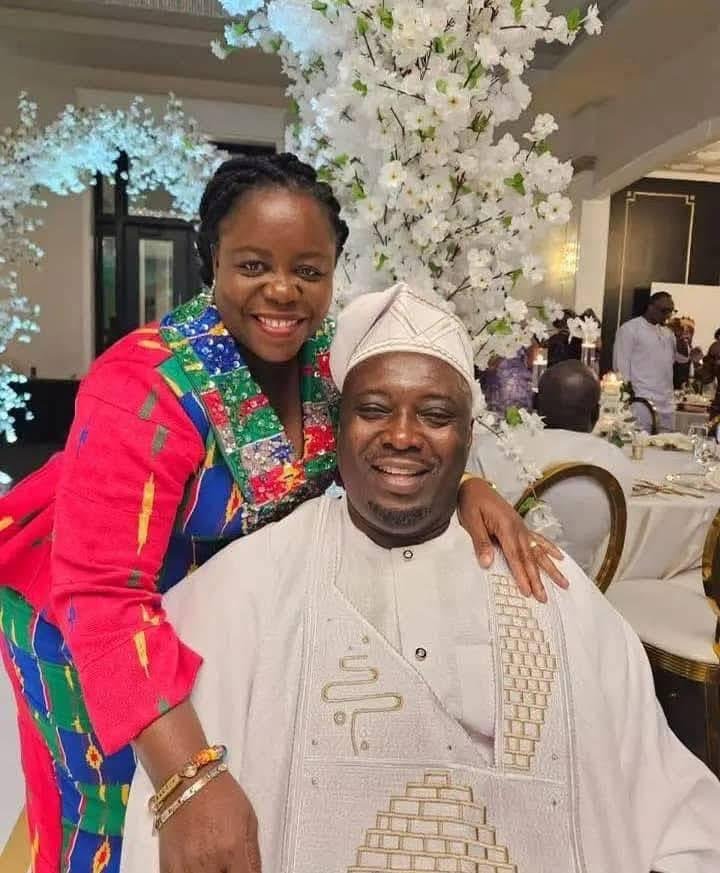
To make it worse, while patients in Ghana suffer, the GRNMA President is reportedly in Finland—for a health-related conference. Maybe it’s official. But try explaining that to my uncle in Gomoa Kokofu whose local clinic is empty and locked. It doesn’t sit right.
This is about accountability. Essential workers have power—but that power comes with responsibility. You can’t claim to protect life and then withdraw from it entirely, knowing people will die.
This strike isn’t just a policy failure. It’s a moral and legal one. And if lives were lost, the GRNMA must answer—not just in public opinion, but in court.
Because in Ghana, no one should die just because someone else decided to walk away.









